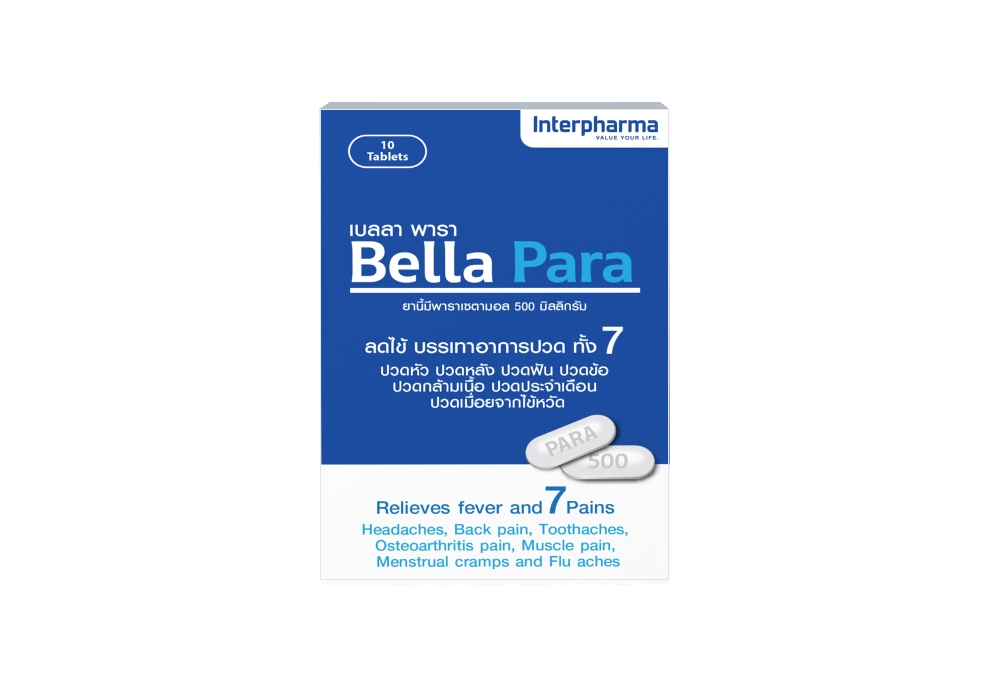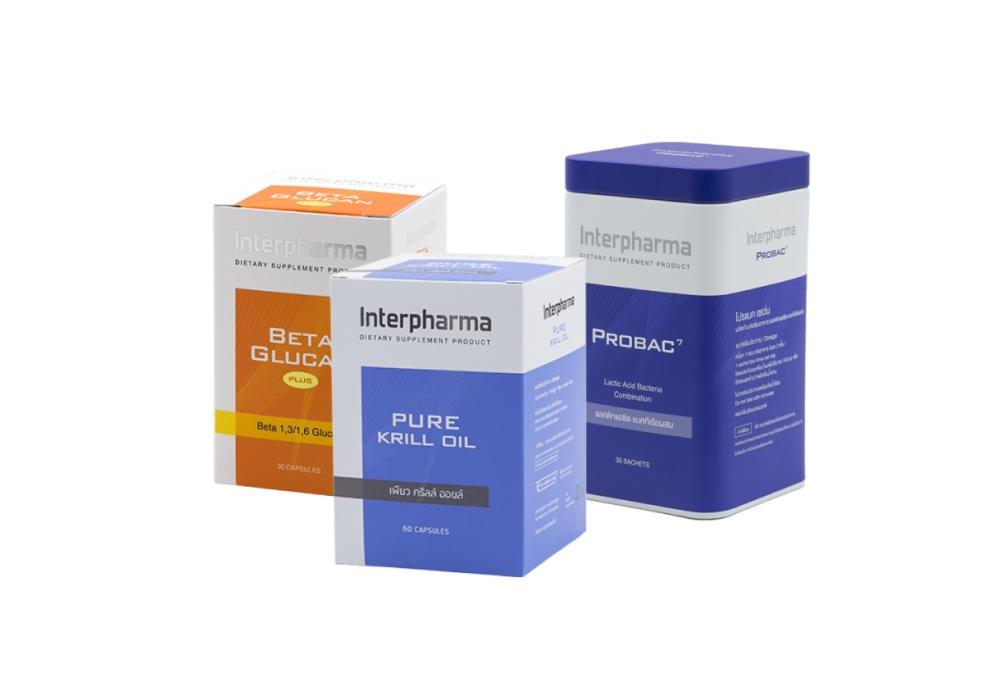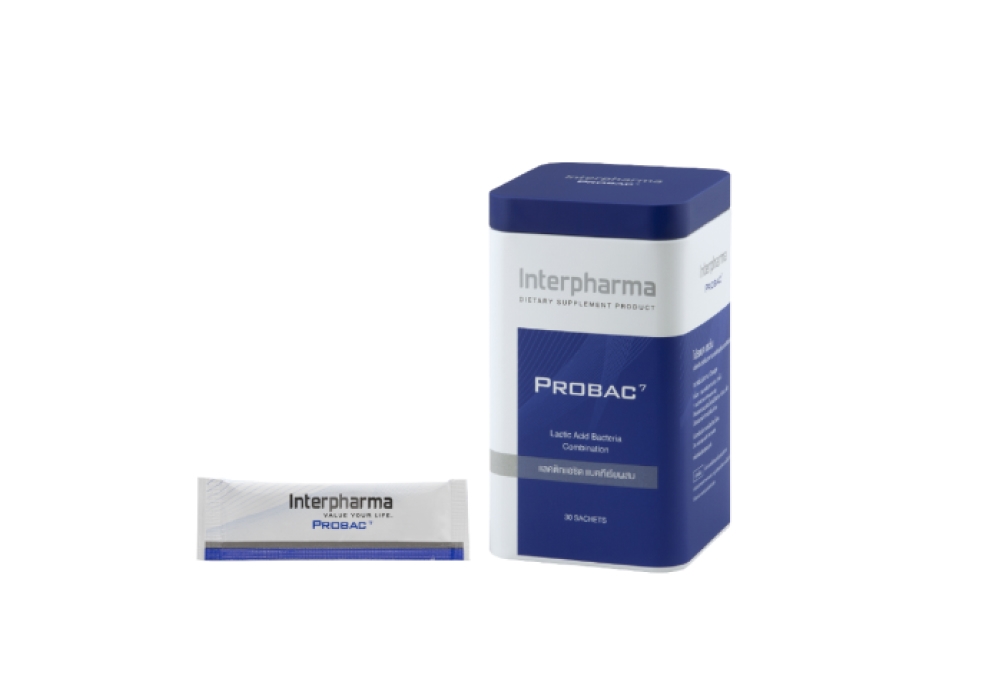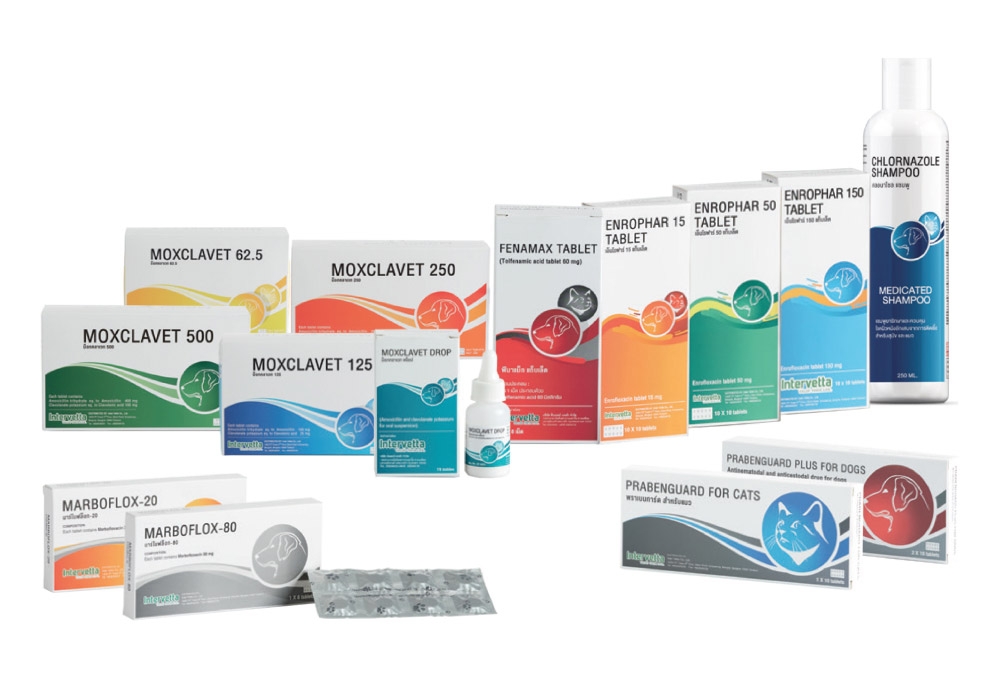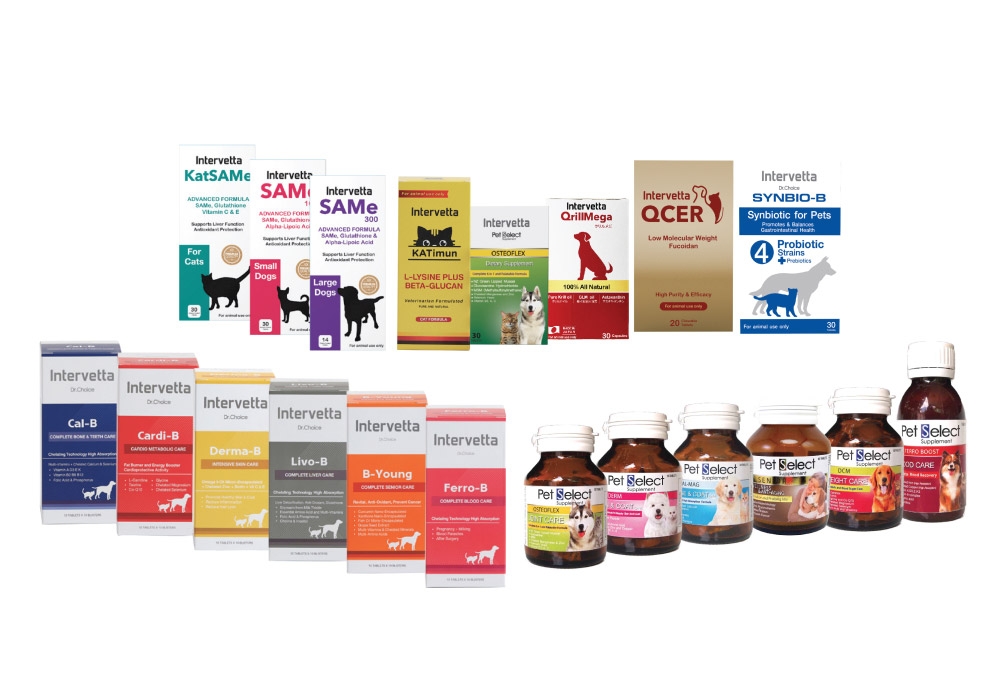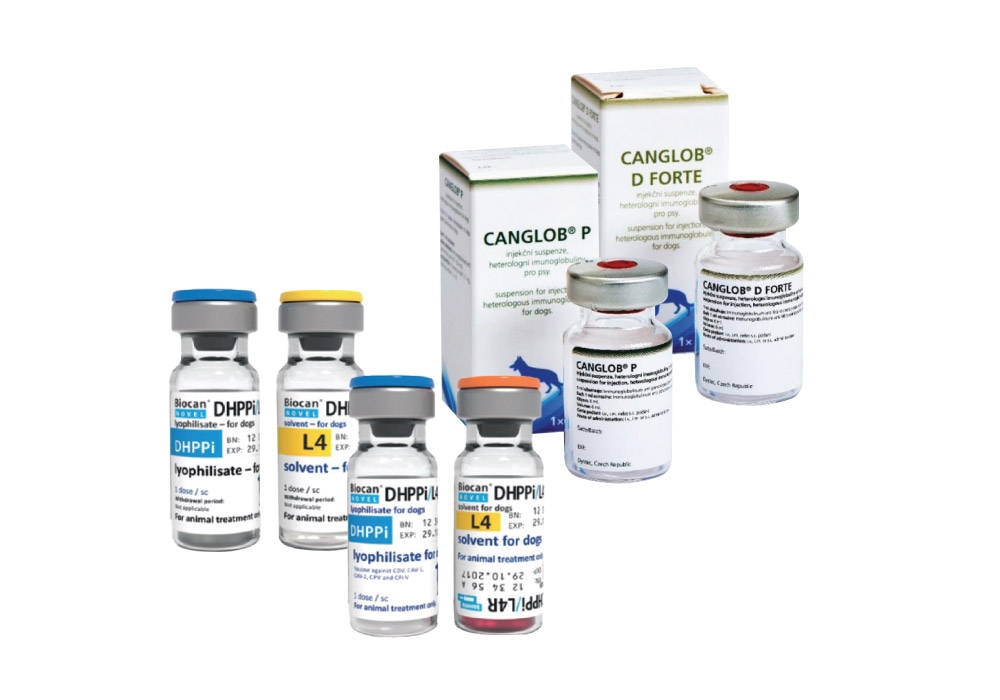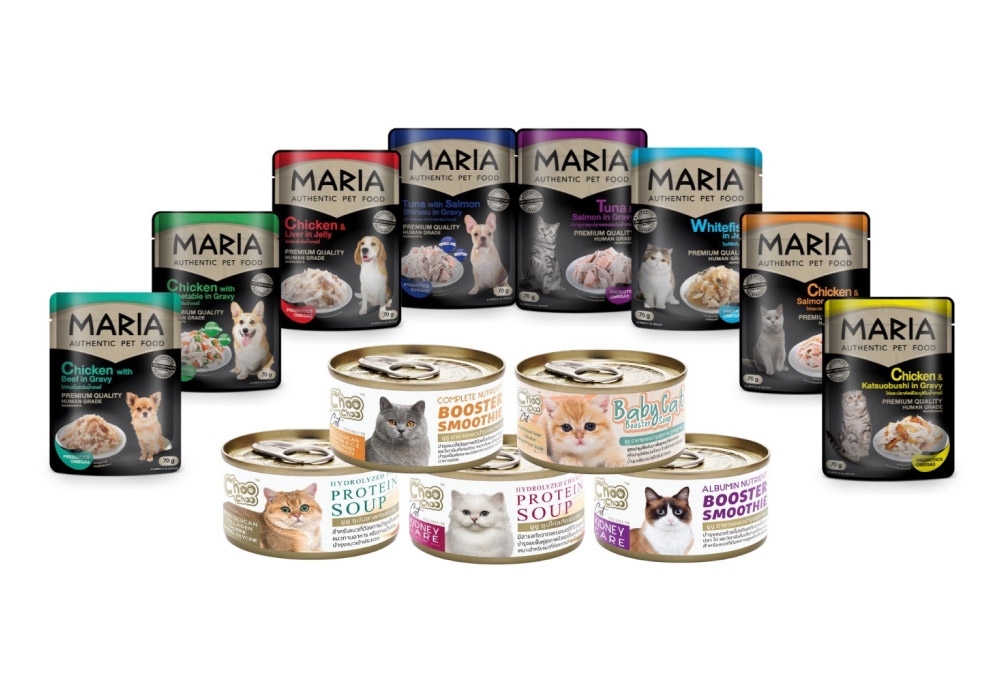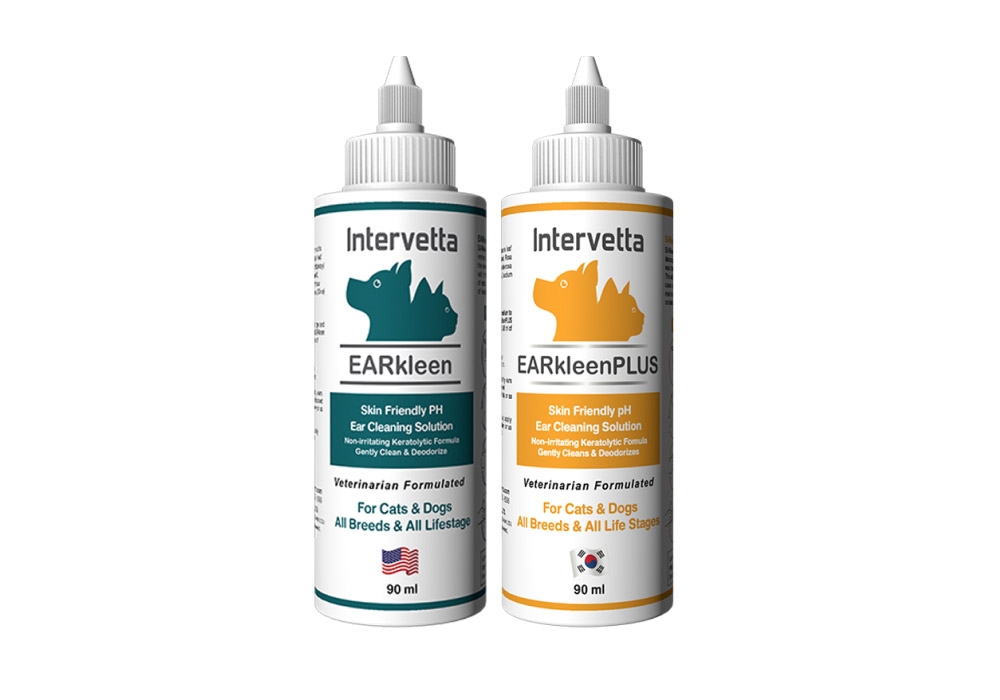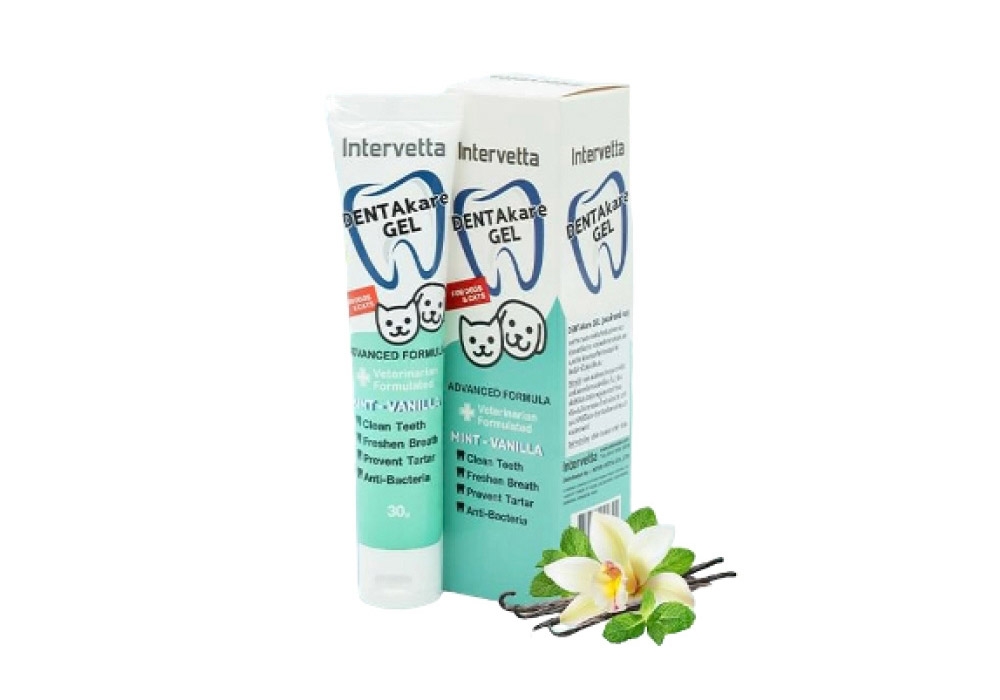What are Psychobiotics? The Secret to Supporting Mental Health with Microbes

What are Psychobiotics?
The Secret to Supporting Mental Health with Microbes
In an era where stress and mental health issues have become increasingly prevalent, many might not realize that a crucial answer lies within our own gut. Psychobiotics are gaining attention in the medical and mental health communities as they highlight the connection between the microorganisms in our body and our feelings and emotions. Understanding this concept is a key to holistic mental healthcare.
What Exactly Are Psychobiotics?
If you've ever wondered why you sometimes get irritable when hungry, or why certain foods make you feel refreshed, it might be due to the workings of the gut-brain axis. "Psychobiotic" is a new term that combines "psychology" and "probiotic," referring to beneficial microorganisms that influence mental health and mood, particularly through their impact on the nervous system and the production of neurotransmitters in the brain. Psychobiotics operate via the gut-brain axis, which links the digestive system to the central nervous system. These microorganisms can produce important neurotransmitters such as serotonin, dopamine, and GABA, which help regulate mood, stress, and sleep.
How Psychobiotics Work with the Gut-Brain System
The connection between the gut and the brain is not a new concept in science, but the discovery of the role microorganisms play in this process has revolutionized our understanding of mental health. Our gut contains as many as one hundred million nerve cells—more than the spinal cord—earning it the nickname "the second brain." Beneficial gut microbes can send signals to the brain via the vagus nerve, the bloodstream, and the immune system. When the balance of microorganisms in the gut is healthy, it helps reduce inflammation, increase the production of beneficial neurotransmitters, and support robust mental health.
The Benefits of Psychobiotics for Mental Health
Modern research is beginning to reveal that certain types of probiotics have remarkably positive effects on mental health. Consuming these microorganisms may help reduce symptoms of anxiety, improve mood, and enhance the ability to manage stress. Furthermore, they can also improve sleep quality and boost daily energy levels.
Psychobiotics also play a part in regulating levels of the stress hormone, cortisol, enabling the body and mind to cope better with various situations. Having an adequate amount of beneficial microbes helps create an environment conducive to the production of happiness-inducing chemicals in the brain.
- Reduces Anxiety and Stress
Specific types of microbes can produce GABA, a compound that has a calming effect on the nervous system, helping to reduce feelings of anxiety and accumulated stress from daily activities. A healthy gut-brain system allows us to manage pressures more effectively.
- Boosts Mood and Positivity
Increased serotonin production, driven by the activity of beneficial microbes, helps improve mood and foster a sense of positivity. Serotonin is a crucial neurotransmitter for feelings of happiness and contentment. Maintaining adequate serotonin levels helps us maintain a positive outlook and provides the mental energy to engage in activities effectively.
Sources of Psychobiotics in Daily Life
Enhancing your mental health with psychobiotics doesn't have to be complicated. There is a wide variety of options available, from natural foods to supplements. Many familiar fermented foods are excellent sources of beneficial microbes with probiotic properties. Additionally, choosing high-quality dietary supplements is another option for those who want convenience and a guaranteed dosage.
- Natural Foods Rich in Probiotics
Yogurt, kefir, kimchi, and tempeh are examples of fermented foods containing various types of beneficial microorganisms. These foods are not only delicious and easy to find but are also excellent sources of microbes that can positively affect mental health. Regular consumption of fermented foods helps create a healthy gut environment and supports the growth of good bacteria.
- Dietary Supplements
For those who want certainty regarding the type and quantity of microorganisms, selecting scientifically-backed supplements can be a good choice. It is advisable to choose products that clearly specify the strains and amounts of microbes and are stored under appropriate conditions.
Tips for Using Psychobiotics Most Effectively
To get the full benefits of psychobiotics, consistency and overall lifestyle management are essential. In addition to supplementing with beneficial microbes, creating a suitable environment for these microorganisms to thrive is equally important. Regular exercise, adequate sleep, and effective stress management will help enhance the efficiency of the gut-brain system.
- Consistent Consumption
Consistency is key to establishing a balanced gut microbiome. Consuming probiotic-rich foods or supplements regularly allows the beneficial microbes to colonize the gut and function effectively.
- Support with Prebiotics
Prebiotics are food for beneficial microbes. Eating a diet rich in fiber and other nutrients that these microbes need will help foster a healthy gut environment. Leafy green vegetables, fruits, nuts, and whole grains are excellent and easily accessible sources of prebiotics.
Conclusion
Psychobiotics represent a new dimension in mental healthcare, focusing on balancing the body's microorganisms. Understanding and applying knowledge of the gut-brain axis can help us care for our mental health more holistically. Whether through eating fermented foods, choosing quality supplements, or making lifestyle adjustments, supporting mental wellness with beneficial microbes is an effective approach that is the subject of ongoing research and development. We can follow this trend and apply it to care for ourselves and those around us.
